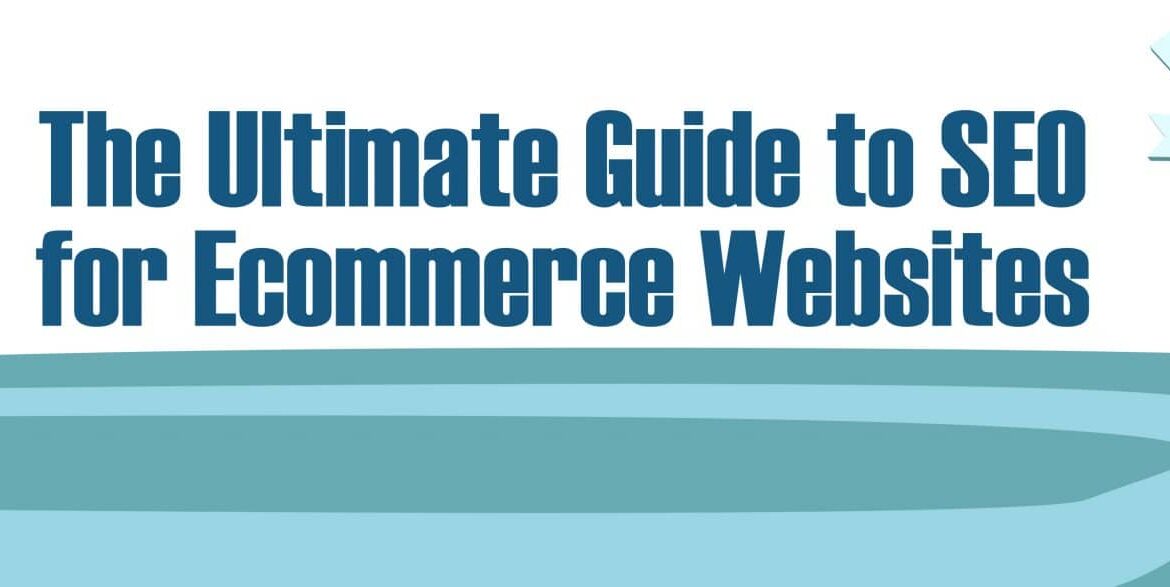SEO for ecommerce websites is a game changer, if you are in the ecommerce space (or plan to be), then you need to be using and understanding how to optimize SEO tools for your site. SEO for ecommerce websites we must remember is a very specific technique and needs an approach that suits the highly targeted, high click through rates that ecommerce sites operate with.
Luckily, this guide will highlight what you need to be doing to include SEO in your ecommerce website and how really ramp up the ROI by picking the low hanging fruit!
Low Hanging fruit? Your thinking I have been using paid ads and that’s how traffic is done, why do I need SEO for my ecommerce website? Good question, I will let this little stat talk for itself:
A study by Outbrain shows that search is the #1 driver of traffic to content sites, beating social media by more than 300%.
WOW!
What Is SEO For Ecommerce Websites?
Well, SEO stands for Search Engine Optimization; this basically means building your website around specific high-ranking keywords to rank better in google. Remembering the ultimate aim of Google is to provide the most correct answer to a query the first time so that the user does not have to search for it again.
We can do this by providing the widest range of answers for a broad range of topics, vivid pictures that accurately describe the product, build in a mobile site (cannot stress this enough!) and get people using your site, referring friends to your page. Traffic begets traffic let’s not forget that.
Show Me How!
The absolute first step in building implementing an SEO for ecommerce website campaign is keyword research. Absolutely vital, don’t waste your time moving further if you have not researched the appropriate high ranking keywords for your product or services.
So how do we get accurate keywords?
Well, you want to get prospective buyers when they are almost AT purchase point, what that means is that you don’t want to target your keyword marketing at when they are just searching for your product in general, you want to place your page in front of them when they are almost ready to part with their cash. For example, instead of “best laptop”, you should keyword “ASUS 1234 versus x” if you are selling laptops. You will get buyers who are almost ready to buy an ASUS 1234 and luckily you HAVE that laptop!
To further nail down the specifics of exactly what words you want to use Amazon, your competition and some simple SEO tools such as Moz and Google Keyword planner. Again, what you are looking for are words that rank high but are relatable to your product and are right at point of sale in consumer searches.
Now, you can troll through Amazon, google search pages and manually collate a list of keywords used by your competition but I highly recommend signing up and using products such as Moz, Ahrefs , Content Gap and then Google Keyword Planner. Ahrefs and Content Gap quickly provide you with a list of keywords that you can use in your SEO for ecommerce website arsenal, save time and make money I say!
Ok, so you have your keywords, what’s next?
Website Design: Keep It Simple and Scalable!
I cannot stress enough that to have a successful SEO for ecommerce website operation, you need to build a very simple and straightforward website construction. You DO NOT want pages that link into a hundred other pages and multiple pages linking around like a great big ball of string.
Think a pyramid structure (most all ecommerce sites use this), but a controlled pyramid. Build that pyramid where the greatest traffic pages has high ranking keywords that then embed into the niche points and sale pages.
You want your homepage linked to your product pages and then the product pages all linking to your sales page. Some sites feel it is useful to provide a link for some similar products on each of your product pages, this is perfectly fine. Just remember, the more navigating around a consumer may do, the less funnelled their browsing, the more choices you give them and believe it or not, more choice is not always best when it comes to SEO for ecommerce websites.
The golden rule when it comes to SEO for ecommerce websites is that no page should be more than 3 clicks away. Do not deviate from this rule, ever!
Word of advice: Do not get caught in the trap of embedding most of your keywords into ONLY your home page or blog pages. You want to hyperlink key words across multiple pages which will help google raise the rankings of ALL your pages due to the impression of a higher traffic or demand rating, the types of link building techniques can have a big impact on your search engine optimization initiatives.
MOBILE FRIENDLY, It’s a No Brainer:
Again, super important when it comes to SEO for ecommerce websites. The vast majority of users access ecommerce platforms from their mobile devices; you need a website optimized for that platform. It makes perfect sense to meet the customers where they are and they are using mobile devices. It is very simple to optimize your site for mobile; in fact most host servicers offer web setups that auto optimize for web browsing. If you are not sure whether your page is mobile browser optimized, get on to it!
Ok, so we have our keywords, we have our website cleaned up and optimized for mobile, what next?
Constant Content Monitoring, Keep Your Finger On The Pulse:
Do not skimp on this aspect as it is very important, this is where all the work of finding the most appropriate keywords and building in a clean and useable site will shine. When it comes to SEO for ecommerce websites you need to make sure you have a way of monitoring whether your keywords are successful, and to that point, exactly in what way they are successful. Google and your consumers do not want to be trolling through an autobiography on who created the shoes you are selling to find some obscure keyword linking. The user won’t like it and neither will google.
There is this really awesome tool called Google Analytics. It should become you best friend if it isn’t already. Google analytics enables you to monitor who is accessing your site, from what geographical location, at what times and for what purposes. Armed with that information you can then target your keywords to suit that user and this will result in high sales, it will appear as though you have read the users mind and are providing the user exactly what they need. No hard selling, just superior SEO for ecommerce websites that delivers exceptional ROI.
So the take home message when it comes to SEO for ecommerce websites is this:
- Make it simple and scalable
- No page should take more than 3 clicks to get to (3rd time is the charm so they say!)
- Use Keyword search, I cannot stress this enough. Pretty much that is the cornerstone when it comes to SEO for ecommerce websites. Doesn’t matter if you do it manually into a spreadsheet or by using a program, your keywords must be accurate to capture that user at point of purchase.
And that my friends, is it.
The ultimate guide to SEO for ecommerce websites.
Now get out there and start implementing these tips to increase your ROI today!





